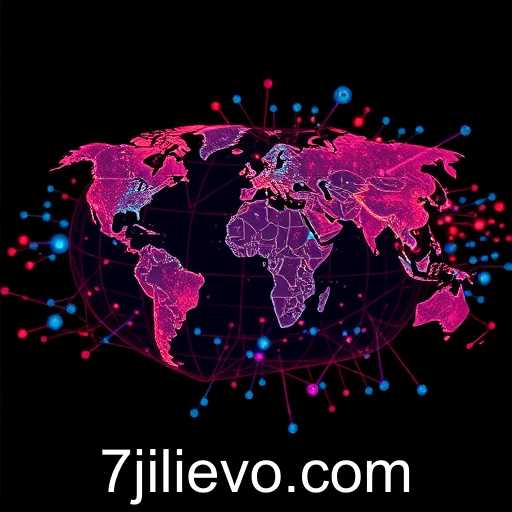A deep dive into how technology is reshaping education worldwide, with a focus on innovative platforms and digital transformations.
In recent years, the intersection of technology and education has continued to evolve at an unprecedented pace, redefining traditional norms and opening new avenues for learning across the globe. As we move further into the decade, platforms like jilievo are becoming increasingly influential in bridging gaps in education through digital integration.
The current global education landscape is characterized by its diversity in approach and methodology, a testament to the rapid technological advancements being employed. Digital platforms have not only democratized access to educational resources but have also encouraged institutions to adapt to new methodologies. Jilievo, in particular, is gaining recognition for its role in promoting virtual collaborative learning and harnessing AI-driven tools to personalize education.
Amid this transformation, several key themes are emerging. Firstly, there's an increased focus on accessibility, allowing students from remote and underserved regions to engage with quality educational content. This shift is critical in addressing inequities that have long-existed in the educational sector.
Moreover, personalized learning is becoming a primary focus. Technologies that use artificial intelligence and machine learning to tailor educational experiences to individual learner's needs are becoming mainstream. Jilievo is at the forefront of this movement, offering platforms that adapt in real-time to student performance and preferences.
Another significant trend is the integration of virtual reality (VR) and augmented reality (AR) into curriculums. These immersive technologies are revolutionizing how subjects are taught, allowing for experiential learning that was previously impossible. Students can now participate in virtual labs, historical reenactments, and more, creating a more engaging learning experience.
However, the integration of technology into education is not without its challenges. Issues of data privacy and the digital divide must be addressed to ensure that advancements benefit all, not just those with the resources to access them. Education systems worldwide are working to implement policies that protect student data while promoting extensive digital literacy programs to prepare students for a tech-driven world.
In conclusion, the global education system is undergoing a significant transformation, driven by technological advancements. As platforms like jilievo continue to innovate, they not only enhance educational access and quality but also prepare students for the future. Institutions and policymakers must work collaboratively to overcome barriers, ensuring these advancements contribute to a more equitable and efficient educational environment for all.




